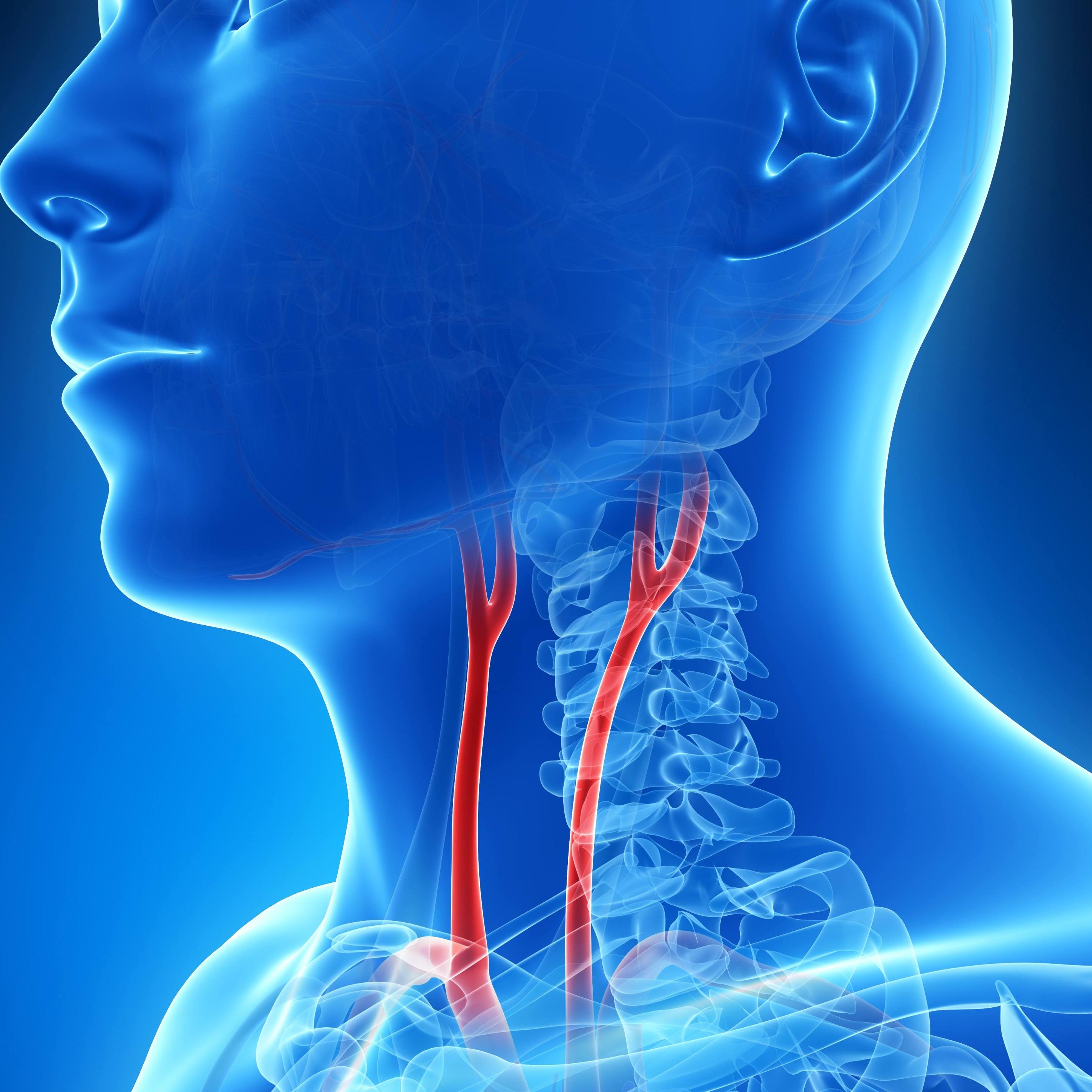-
Clinical Trials
Mayo Clinic Minute: Why early clinical trial results may offer false hope
When medical clinical trials show exciting early results, those with chronic illnesses seeking new treatment can easily have high hopes. Researchers say that's a problem. And a recent Mayo Clinic study published in Mayo Clinic Proceedings found early results may be grossly exaggerated in more than 1 in 3 clinical trials.
Journalists: Broadcast-quality video pkg (1:00) is in the downloads. Read the script.
When headlines splash promise of early results from a new clinical study, chronically ill patients may suffer false hope.
Dr. Fares Alahdab is a Mayo Clinic researcher and lead author of a study that looked at thousands of articles over 8½ years.
"This phenomenon of early exaggerated results in medical literature actually was prevalent in a whopping 37 percent of these studies," says Dr. Alahdab.
Dr. Alahdab and his team reviewed thousands of trials evaluating drugs or devices for use in treating chronic conditions, including cancer, stroke, heart disease, diabetes and kidney disease. They found this overpromise present in first and second trials but not later trials.
“These early exaggerated results in these studies about chronic medical conditions seem to be still quite a bit ambiguous and vague as to why is it happening," says Dr. Alahdab.
Dr. Aladhab has a word of advice when reading about early clinical trial evidence. “Just be cautious as to what these studies tell you because they could potentially be exaggerating.”







